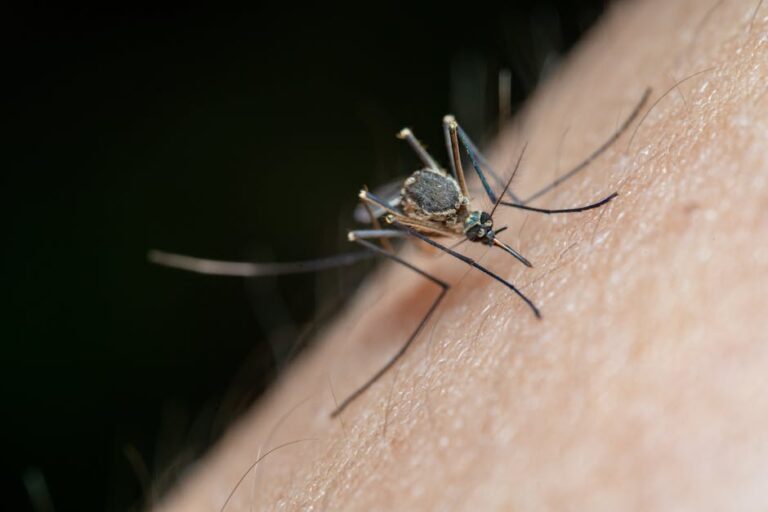What Kills Termites? Effective Home Remedies & Prevention Strategies
What Kills Termites? Effective Home Remedies & Prevention Strategies
Termites are silent destroyers, silently chewing away at the structural integrity of your home. The damage they inflict can be extensive and costly to repair. While professional termite treatment is often necessary for severe infestations, several home remedies can be effective in controlling smaller infestations or as preventative measures. This comprehensive guide explores what kills termites, focusing on effective home remedies and practical prevention strategies.
Understanding Termites and Their Damage
Before diving into solutions, understanding the enemy is crucial. Termites are social insects living in colonies, with different castes performing specific roles. Worker termites are the primary culprits, constantly feeding on wood and other cellulose-based materials. Their activity can go undetected for years, leading to significant structural damage before discovery.
The damage caused by termites is not just cosmetic; it compromises the structural integrity of your home. Infestations can weaken beams, floor joists, and walls, potentially leading to collapse or costly repairs. Early detection is paramount in minimizing damage and managing costs.
Effective Home Remedies to Kill Termites
While professional treatment is often recommended for large infestations, several home remedies can effectively combat smaller termite problems or serve as preventative measures. Remember, these remedies are most effective for localized infestations or as part of a broader preventative strategy.
1. Borax (Sodium Borate): A Natural Termite Killer
Borax is a naturally occurring mineral that’s toxic to termites. It works by disrupting their digestive systems, leading to dehydration and death. It’s relatively safe for humans and pets when used correctly, but precautions are still necessary.
How to Use: Mix borax with equal parts sugar (to attract termites) and water to create a paste. Apply this paste to affected areas, ensuring thorough coverage. You can also sprinkle a dry borax and sugar mixture around potential entry points.
2. Orange Oil: A Natural and Effective Repellent
Orange oil, derived from citrus peels, is a natural termite repellent. It doesn’t kill termites directly, but its strong scent repels them, preventing them from infesting your home.
How to Use: Dilute orange oil with water (typically a 1:1 ratio) and spray the solution around potential entry points, foundation cracks, and areas with suspected termite activity. Repeat the application every few weeks for optimal results.
3. Diatomaceous Earth (DE): A Desiccating Agent
Diatomaceous earth (DE) is a naturally occurring sedimentary rock consisting of fossilized diatoms. Its microscopic particles are sharp and abrasive, causing dehydration and death in termites by cutting through their exoskeletons.
How to Use: Sprinkle DE powder around potential entry points, cracks in the foundation, and areas where termites are active. Ensure thorough coverage and repeat application as needed. Note: Use food-grade DE for safety.
4. Neem Oil: A Natural Insecticide
Neem oil, extracted from the neem tree, is a powerful natural insecticide effective against various pests, including termites. It disrupts their reproductive cycles and feeding habits.

How to Use: Mix neem oil with water (following the product instructions) and spray the solution on affected areas. Neem oil is also effective as a preventative measure, applied around potential entry points.
5. Boiling Water: A Quick and Simple Solution
For localized infestations, boiling water can be a surprisingly effective method. It works by instantly killing termites on contact.
How to Use: Carefully pour boiling water directly into termite tunnels or active areas. This method is most effective for visible termite activity, like mud tubes.

Prevention Strategies: Protecting Your Home from Termites
Prevention is key when it comes to termite control. By implementing these strategies, you can significantly reduce the risk of infestation:
1. Maintain Proper Moisture Control
Termites thrive in damp environments. Proper ventilation, gutter maintenance, and addressing leaks promptly are crucial in reducing moisture levels around your home.
2. Eliminate Wood-to-Soil Contact
Termites often gain access to your home through direct contact with the soil. Ensure that any wood structures, such as decks, fences, and porches, are properly separated from the ground using concrete piers or pressure-treated lumber.
3. Regular Inspections
Regular inspections, ideally every six months, can help identify early signs of termite activity. Look for mud tubes, wood damage, and signs of swarming.

4. Use Termite-Resistant Wood
When building or renovating, consider using pressure-treated lumber or other termite-resistant materials, reducing the risk of infestation.
5. Professional Termite Inspection
Even with preventative measures, a professional termite inspection every few years is highly recommended. Professionals have specialized tools and expertise to detect hidden infestations.
When to Call a Professional
While home remedies can be effective for minor infestations, it’s crucial to recognize when professional help is necessary. If you observe widespread damage, numerous mud tubes, or suspect a large colony, contact a qualified pest control professional. They have access to more potent treatments and can accurately assess the extent of the infestation.
Safety Precautions
When using home remedies, always follow the instructions carefully. Wear protective gloves and eye protection when handling chemicals like borax and neem oil. Keep children and pets away from treated areas until the solutions have dried completely.
Remember, early detection and prompt action are vital in controlling termite infestations and preserving the structural integrity of your home. By combining preventative measures with appropriate home remedies, you can significantly reduce the risk and damage caused by these destructive insects.






